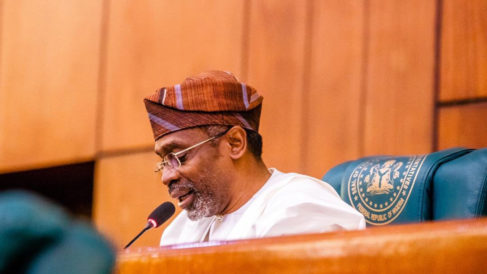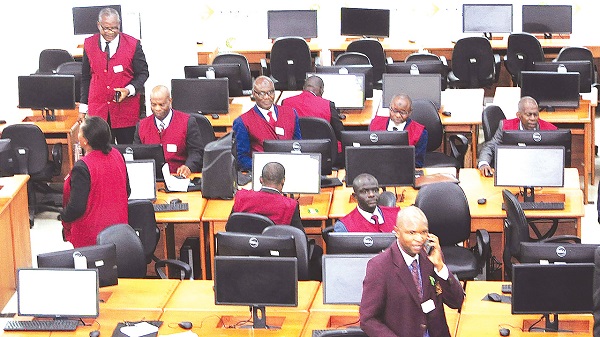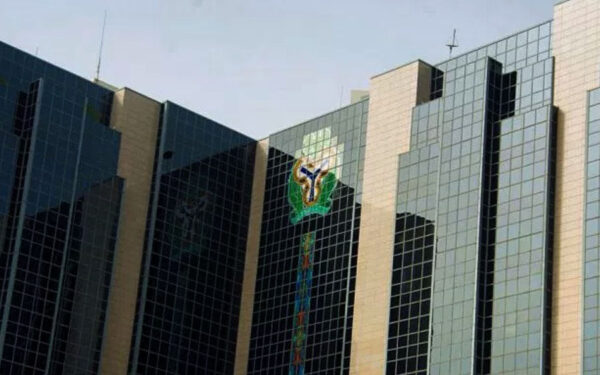Controversy over Reps move against CBN cashless policy

The House of Representatives yesterday ordered the Central Bank of Nigeria (CBN) to suspend the cashless policy on bank deposits, the implementation of which began on Wednesday this week.
Adopting a motion under matters of urgent national importance sponsored by Mr. Ben Kalu at the plenary presided over by the Speaker, Femi Gbajabiamila, yesterday, the lawmakers said that the suspension of the policy would last until appropriate and extensive consultative process are concluded on the issue.
Consequently, the House mandated its Committee on Banking and Currency to interface with the CBN to ascertain the propriety of the policy in view of the prevailing economic situation of the country and to report back to the House within four weeks.
Kalu, who chairs the House Committee on Media and Public Relations, described the policy as an overbearing burden that could lead to the closing down of majority of micro, mini, small and medium businesses in the country.
He further claimed that the policy was also aimed at enriching the money deposit banks owned by a privileged few, without any known financial contribution to the consolidated revenue fund of the federation.
The lawmaker particularly accused the CBN of not considering the citizenry as the centerpiece of its policy-making, even as Section 14(2)(b) of the Constitution of the Federal Republic of Nigeria, 1999 (As Altered) provides for the security and welfare of the people as the primary purpose of government
“We are worried that the implementation of the cashless policy in Nigeria so far has led to significant decrease in deposit mobilisation and credit extension by the Nigerian money deposit banks.
“We are deeply worried that the implementation of the cashless policy on withdrawals has negative impacts on micro, mini, small, and medium enterprises which are clearly the engine room for growth of the economy and employment generation, thereby throwing many of them out of business and sending more Nigerians into poverty. The policy will force more traders and micro investors to carry cash about with its attendant security challenges,” the lawmaker maintained.
Despite the effort by Mr. Nkem Uzoma Abonta to prevail on his colleagues to tarry awhile and consult with officials of the CBN within three days to determine the veracity of the policy, the motion was widely endorsed without any dissenting voice.
To some experts who reacted to the development yesterday, a matter that is subtly involving the independence of the CBN may have arisen over the apex bank’s decision to effect charges on deposits and withdrawals in excess of regulatory limits. They faulted the House of Representatives order that the bank should reverse its decision on the matter that they described as solely a monetary policy issue.








